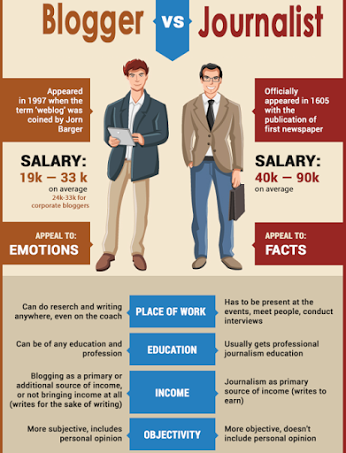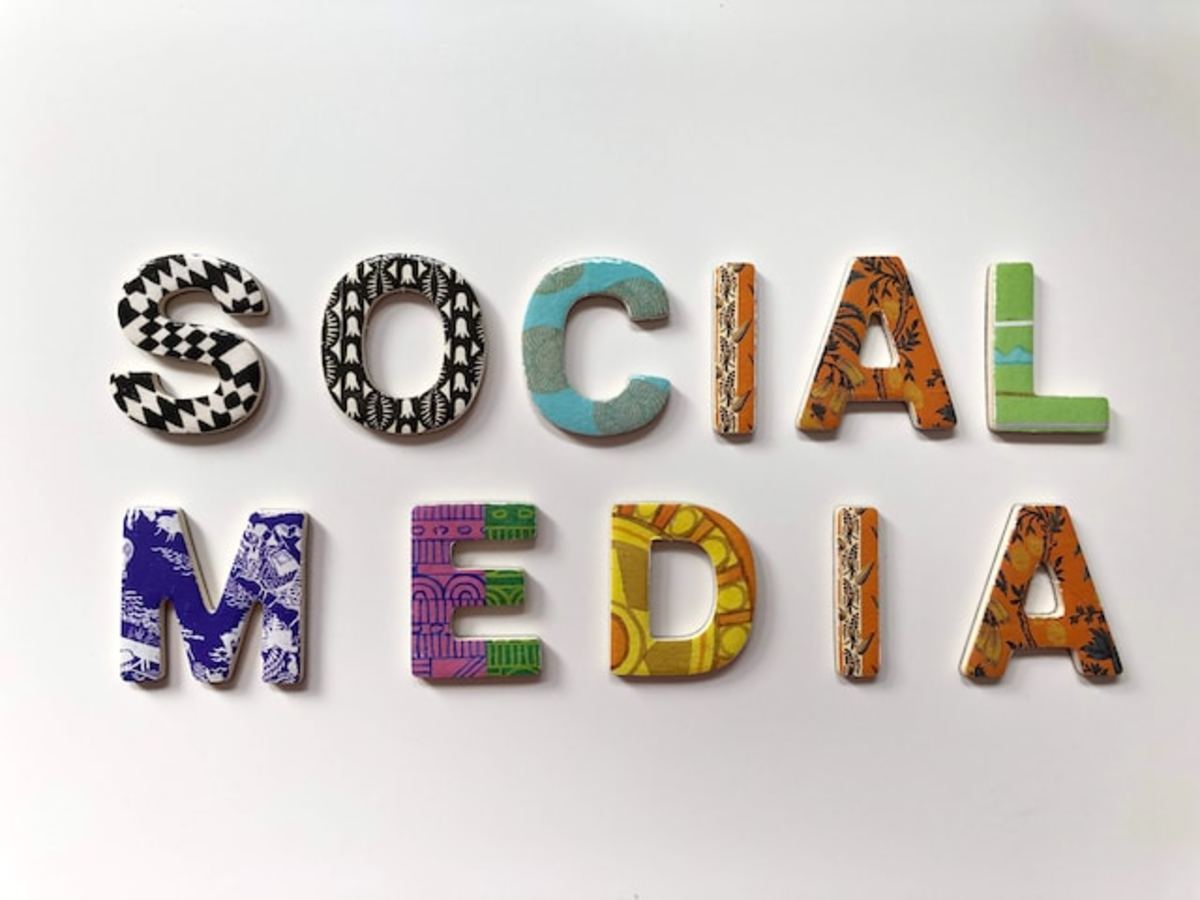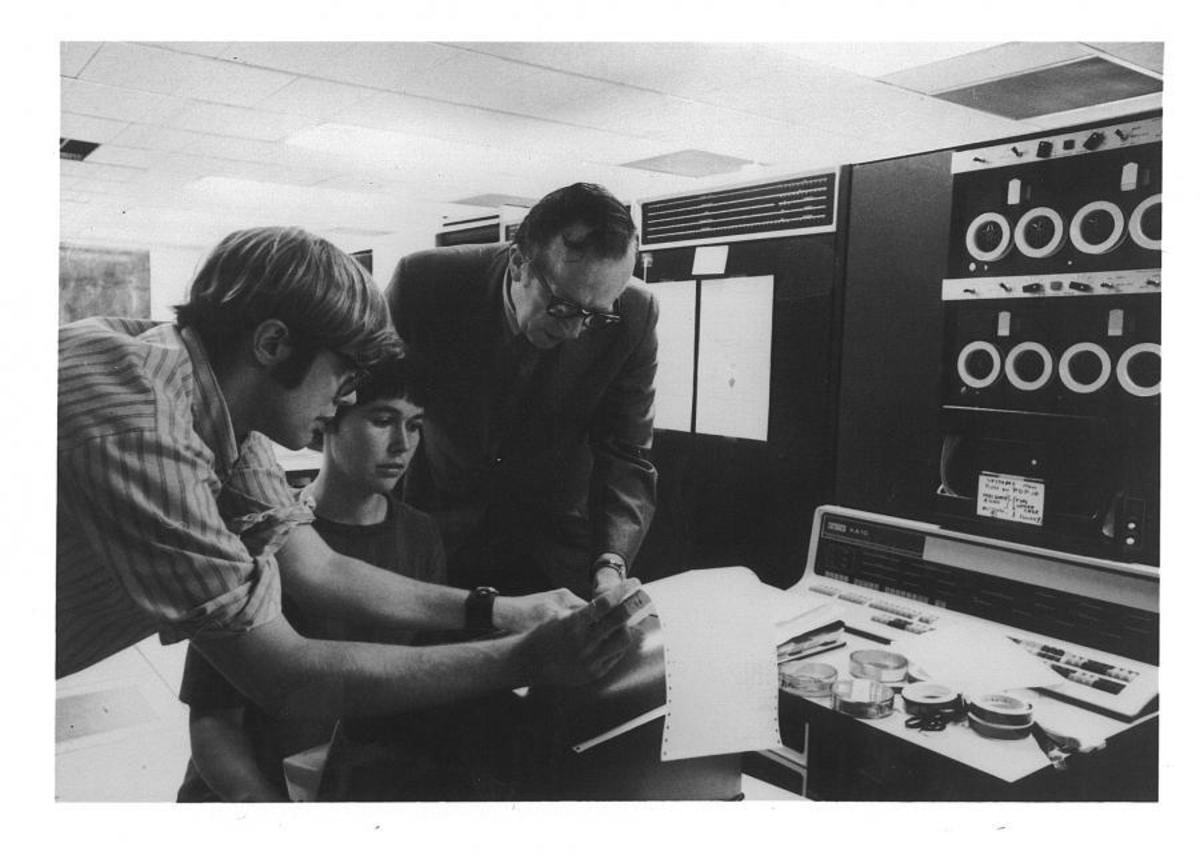Is Blogging Journalism?

The aim of thisstudy is to describe the relationship between blogging and journalism and if blogging it is a new kind of journalism. Are bloggers journalists? This subject has been investigated by many scholars who tried to elaborate on this issue.
Undoubtedly blogging has changed the journalistic landscape. Many people use internet and blogs to be informed (Pew Research Center 2000). This had brought a new era of information as blogs represent a different kind of news. Contrariwise, Journalism is a profession and to be a journalist you have to study and get a degree.
Social media are powerful and can change thoughts, create ideas, prospects and innovations. This new world provides us with so many prospects to discover. Many bloggers have been journalists and have not the qualifications as they have not studied journalism and many journalists use blogs. Blogging is a new medium and as a new medium has been adopted from journalists. According to the findings, the question if blogging is journalism cannot be answered straightforward. It depends of many aspects, of who is the blogger, blogger’s educational background, blogger’s knowledge about journalism and ethics.
We will continue now on the literature review where there will be a discussion of theories and concentrations upon this subject.
The rise of the Internet brought access to a plethora of information and news. A main cause was the rise of unemployment. Many young people who faced difficulty in finding a job, thought of other ways to express their talents by using the Internet, by utilizing the social media and by making a blog. Some blogs became really successful and the bloggers became famous. The socio-economic crises brought new forms of speech and communication. At this point news organizations faced economic problems and as a fact many newspapers downsize into leaner cooperations using fewer staff and fewer reporters. We should not let aside the fact that blogs were firstly made by ordinary people and in consequence media organizations adopt these kinds of new forms.
We sit in the midst of a chaotic situation in the media history. On the one hand, bloggers who become journalists and on the other hand journalists who become bloggers. ‘’I saw it on Facebook, on Twitter’’ is a new kind of expression people use nowadays. Social interaction through the social media platforms is the new way of communication. Social media play a vital role in our daily life and a pivotal source of information. Deuze cited that journalism as it is has come to an end. That means that journalism has been redefined? This may be the most revolutionary change to journalism. Now let’s see more closely the he two terms: blogging and journalism.
BLOGGING –WHAT IS A BLOG
A blog is a short term of the word weblog coined firstly by Jon Barger in 1997 and then by Peter Melhoz in 1999 (Wikipedia) and a chronological diary. There are many types of blogs personal, corporate, education, marketing, media type, law and many more. A blog started as a personal diary in 1994. The first blogger was Justin Hill, a student at Swarthmore College (Wikipedia). His blog has landed him many job opportunities in journalism.
Nowadays blogs are above 100 million (Wikipedia) and people who are behind them are from every walk of life. Gumbrecht (2004) cited that blogs are personal protected space where the editor, the blogger while having the control of his space can share information and communicate with others. Everyone can build a blog through various platforms like WordPress, Blogger even with new ways of platforms like Joomla, or with the help of HTML (Drezner &Farrell, 2004). The content is updated regularly. A blogger only needs a computer and a Wi-Fi and the post is out there. It is not so difficult to start a blog but requires effort to upkeep it. There were many bloggers who made blogs and then they abandoned those (Hsu&Lin 2008). As blogs were faced success many organizations wanted to exploit them and tried to adopt this way to gain reputation (Hepburn, 2007). Even political parties have conformed to social media’s way of disseminating information and tried to speak to the people through these platforms. In the fashion industry blogs are the predominant way of communicating. Burberry have adopted social media and has a huge success. Fashion bloggers are making millions. A blogger now is more well educated about how things work because he is getting experience collaborating through PR agencies, posting press releases, receiving press kits and been invited in many events like journalists are. Brands abroad make collaborations with bloggers because they know that this kind of exposure is good to their companies. Although people have adopted social media, brands they are not familiar with what bloggers can give to them. That is really happening in some countries. Many bloggers have found a job through their blogs. So many people start a blog in order to find a job. They think it is a good way of showing their talents, especially if they are studying journalism. It is a good way of showing their talent of writing and samples of their work. But how long blogging will last? Is it a phenomenon that has just arrived or a phenomenon that will end in the future? According to McLuhan when a medium appears, we cannot say that the other media are over because the one medium complements the other. Contrariwise, we must wait and see the route of this medium in order to evaluate it (McLuhan). Just like this time with the internet, we must wait and see its evolving procedure and the correlation between blogging and journalism.
WHAT IS JOURNALISM?
There are many definitions for journalism. Journalism is another name for democracy which means that we cannot have journalism without democracy (Carey, 1996). According to Merriam Webster, journalism is a collection and editing of news. Journalist is the one who assess, present and create news and information (americanpressinstitute.org). Based on Pew Research Center there are a series of principles regarding journalism. The first principle is that its aim is to seek for the truth, accuracy, loyalty to people, verify information and be objective. A sense of ethics plays an integral role in journalism.
The invention of typography marks a new area in journalism. Journalists were regarded as gatekeepers to seek for newsworthy information. (White, 1950). The earliest type of journalism we know is in ancient Rome in 59 BC, a new sheet named Acta Diurna. The first educational programs in journalism was in University of Missouri in 1879 and in 1912in Columbia University in New York City. At the beginning, journalism was examined by sociologists who tried to conduct the so -called social theories of the press (H.Hardt, 1970). During the invention of typography, journalism studied by sociologists (Hardt, 1979 p94, 97) who tried to distinct and establish journalism from the socio-centric side as well as reaching and establishing the characteristics of journalism (Foucault 1995, p217). Wahl-Jørgensen and Hanitzsch (2009b) cited that journalism is divided into the normative, the empirical (such as the gatekeeper theory of White, 1950), the sociological and the global –comparative phase in which we are now. These theories can be applied now in the digital age. However, the theories regarding journalism and democracy needs to be retired (Zelizer, 2013), and generally theories of journalism must be re-examined because of the evolution of technology and the change in journalism (Löffenholtz, 2008).
Nowadays, the industry is being changed and the profession of journalism is under discussion. The economic crisis changed the spectrum and now a journalist incorporates print, video, graphics (Boczkowski, 2004). Instead of the need to find and write a story for a newspaper, now journalists not only have a plethora of information to look at from the ‘’news cyclone’’ (Klinenberg,2005) ,but all the things in the internet are going so fast that it is difficult to follow through.


BLOGGING VS JOURNALISM
With the media emerging in the field there are new kinds of journalism. Internet has made accessible the alternative journalism (Lievrouw 20-21). Many news organizations hire amateur producers to help the journalists and to follow the list of the news. This is called prob-am. (David Croteau, Hoynes, 2014). Another example of user-generated content is Wikipedia where everyone can write and post content. Another kind of journalism is the citizen journalism, and everyone can be a reporter. Hiltzik cited that journalism is a way of a citizen’s endeavor. A way of citizen journalism would be when in past years people witnessed situations and tried to inform the media. Now that technology is evolving and has brought new kinds of media citizens can be journalists themselves. Toffler (1980), argued that new media will let people work at home and brought new types of jobs. The increasing diversity of media intensifies the dependence of the screen (Sampa). A galaxy of devices and services are transforming the way we communicate. The analysis of the role and functionality of the media in connection with the existing technology leads to a media theory known as technological determinism (Mc Luhan 1-14). As Mc Luhan cited journalism is fragmented into kinds of magazines, newspaper. As a case in point tabloid papers, political journalism, gossip, research journalism, social journalism.
The Information Age, term that was invented in Japan in 1960 and then from Castells (1996), organizes the relationships with its media and with its new media according to Neumann (1991).Freedom has been considered a characteristic of the new media .However; it is not the same freedom that Pool has been examined. Pool examined the freedom of market and the freedom decided in the First Amendment of America. The picture of freedom which is depicted in the internet, in this new public sphere (Habermas), it has to do more with the enormous capacity of files transfer.
Regarding social media and journalism, social media can help journalism because they bring depth and breadth (Nieman Reports). Furthermore, journalists must examine how social media work and how can they enhance their work with the help of them (Nieman Reports). According to Nieman Reports a large amount of people are not really interested in the person who publishes the news. Many journalists are really afraid of utilizing social media. New York Times journalist Nick Kristof entails one of the most successful journalists that turned into a blogger and utilized successfully social media platforms like Facebook, twitter, Pinterest and blogs. He has a huge number of followers who communicate with him and are informed by him. But social media platforms are private, and journalism must know how to work with them and how social media can help them increase their popularity. It is different when news organizations have social media with each journalist’s social media. It is a noticeable separation.
The academics agree that there have been changes in the journalistic work and the debate between the blogging and journalism has not end. This literature tried to get an approach to analyze this issue by both sides and to examine some media theories. However, there is yet a gap in theories and scholars’ examinations about this subject. Traditional news corporations try to compete blogs and sites that have a huge number of followers. The traditional journalism tries to compete the new and simultaneously to adopt the new media.
CONCLUSIONS
Blogs are a new medium for journalists. This topic cannot be answered straightforward because there are much more to be discussed. On the one hand, blogging is a new medium and as a medium it has a right to be at the journalist's side, on the other hand bloggers who first got used with social media and blogs are not journalists but there are some people nowadays who have studied journalism and they utilize blogging as a form of a new kind of job. They gain experience through blogging and try to be known because they use their blogs as a portfolio.
Undoubtedly, blogging is a form of journalism.
REFERENCES
- Denis McQuail ‘’Mass Communication Theory for 21th century’’ (2003)
- David Croteau,William Hoynes ‘’Media/Society Industries, Images and Audiences ‘’,5th edition (2014), Sage publications.
- Nieman Reports: Is blogging journalism? September15, 2003 Retrieved from http://www.forbes.com/sites/davidcoursey/2012/01/02/you-be-the-judge-are-bloggers-journalists/
- Barrie Gunter, Vincent Campbell, Maria Touri (2009), ‘’Blogs, News and Credibility’’https://lra.le.ac.uk/jspui/bitstream/2381/8086/3/%5B04%5DBlogs%20-%20credibility.pdf
- ANDREWS, PAUL (2003) ‘‘Is Blogging Journalism?’’, Nieman Reports 57(fall), pp. 634.
- FISHER, MARK (2006) ‘‘Blogging on the Hustings’’, American Journalism Review 28, pp. 429.
- JOHNSON, THOMAS and KAYE, BARBARA (2007) ‘‘Blog Readers: predictors of reliance on war blogs’’, in: Mark Tremayne (Ed.), Blogging, Citizenship and the Future of Media, New York:Routledge, pp. 16584.
- LASICA, JOSEPH (2003) ‘‘Blogs and Journalism Need Each Other’’, Nieman Reports 57(fall), pp.704.
- THE PEW RESEARCH CENTER (2002, 4 August) ‘‘News Media’s Improved Image Proves Short-Lived’’, Retrieved March 23, 2005 from http://people-press.org/reports/display.php3?ReportID159
- JULIE FANSELOW: ‘’Community Blogging, The new wave of Citizen Journalism ‘’ (2009) Retrieved from http://www.ncl.org/publications/ncr/97-4/01.08Fanselow.pdf
- ‘’Blogging as a Journalistic Practice: A Model Linking Perception, Motivation, and Behavior’’ Retreieved from http://sethlewis.org/wp-content/uploads/2009/06/Blogging-as-a-Journalistc-Practice.pdf
- Bandura, A. (2001) ‘Social Cognitive Theory of Mass Communication’, Media
- Carlson, M. (2007) ‘Blogs and Journalistic Authority: The Role of Blogs in US Election Day 2004 Coverage’, Journalism Studies 8(2): 264-279
- Glaser, M. (2008) “Distinction Between Bloggers, Journalists Blurring More Than Ever,”MediaShift, 28 February (consulted April 2008): http://www.pbs.org/mediashift/2008/02/digging_deeperdistinction_betw.html
- Wall, M. (2005) ‘Blogs of War: Weblogs as news’, Journalism 6(2): 153-172.
- SARAH PEDERSEN (2010). Why Blog? Motivations for blogging Antony Loewenstein (2008). The blogging revolution.
- Charles Miller (2009). The Future of Journalism: Papers from a conference organized by the BBC College of Journalism.
© 2020 Christina Georgopoulou








